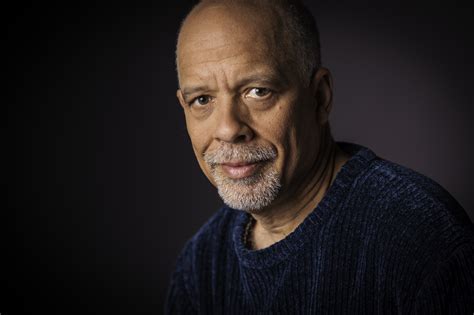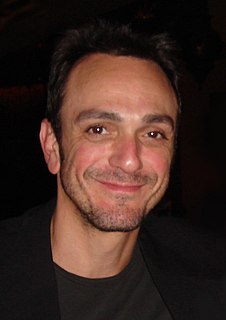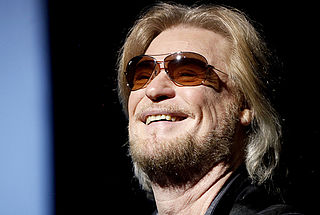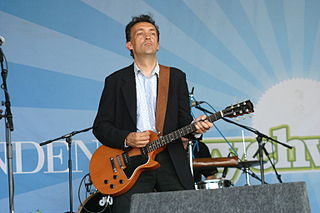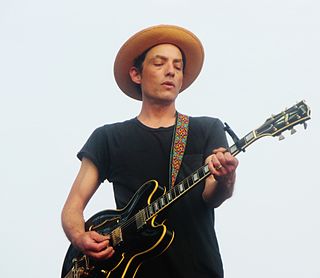A Quote by Jonny Greenwood
I think It's a bit of a disappointment that a lot of people's Golden Age of music is still the '60s.
Related Quotes
When I first came on the scene, I don't think people knew what to make of the way I dress, my aesthetic and how that ties into my music. It took a lot of explaining. You don't really see females in country music dressed in all black wearing funeral garb with netting on their face. I have a bit of a gothic sense to me in a lot of ways, with a bit of outlaw country, rockabilly and blues. My subject matter is off the cuff a little bit.
I think there are people that still hold on that like Heavy Metal like a bit of what is going on now, but it isn't all of what they love and which goes on and it's the same with me... There's still a lot of Ray Charles, Sam Cooke songs that I still happen to like a lot, but then there are a lot of Madonna and... a lot of the female singers that I like as well, but it's like liking it with different emotions, you know.
I'm talking about the '60s really. People go interview these guys and ask them, "Do you still think music can change the world?" I mean, go talk to Graham Nash about that. What's he going to tell you? Ask David Crosby. These guys are still out there. They're playing their hits at Staples Center and those are really valuable songs. I'm talking about a couple of the guys who got knee-deep into really believing music had a great service beyond radio. I believe it did. And I think a lot of those songs are great.
We live in an age of music for people who don't like music. The record industry discovered some time ago that there aren't that many people who actually like music. For a lot of people, music's annoying, or at the very least they don't need it. They discovered if they could sell music to a lot of those people, they could sell a lot more records.
Another one of my favourite sayings is, you can't handpick your audience. I feel like I'm making music for people who think like me about music, and that takes a lot of different forms. I could never generalise - but I think if I were to generalise, I'd think that you would say that most of my fans are music lovers who are looking for something outside of the mainstream: maybe a little bit hard to pin down, a little bit hard to categorise.
I don't know what you wanna describe as Rock 'n' Roll, but I certainly thought that 60s stuff, Bob Dylan and the Beatles, changed the world a little bit. But the effect seems to have retreated. I think it's harder than we think to change the world. These things go in cycles. It doesn't seem to have done an awful lot of good, does it? You know, all the talk of racial harmony and equality in the world... we haven't got a long way since the 60s.
When I started it still wasn't okay to be this age and still make this kind of music. And believe me, I consider our stuff to be much poppier than - we're not on like cutting edge, that kind of thing anymore. And even though we're not doing Britney Spears music or Nsync, it's still what I consider to be pop music. So that does give you a little bit more longevity, I guess. But if somebody told me I'd be getting up there and singing "Heartbreaker" at fifty I'd laugh. So I don't know, I have no idea.

